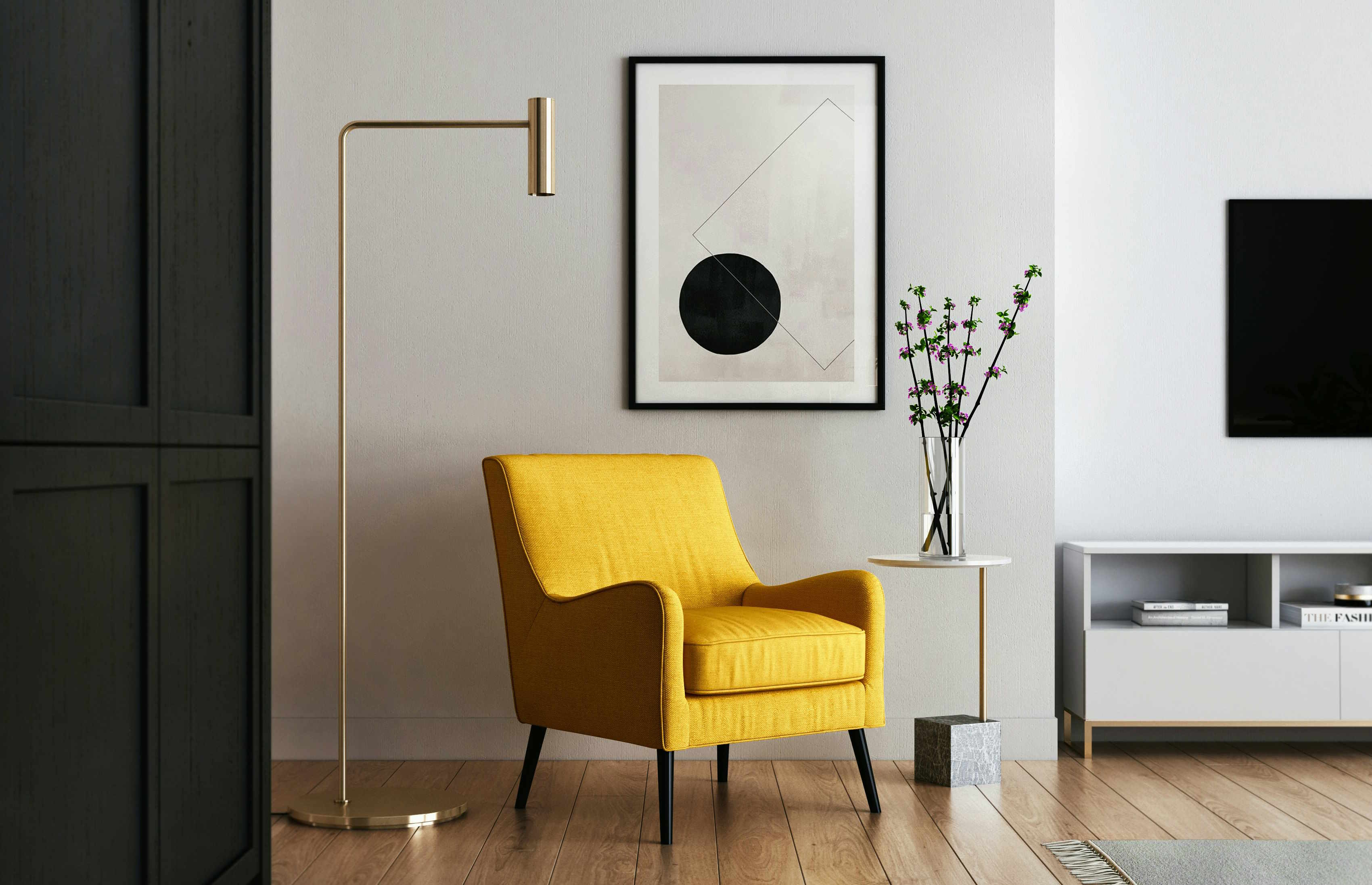Embracing the Serenity: The Societal Shift towards Minimalist Living
Are you feeling overwhelmed by the constant hustle and bustle of modern life? You're not alone. A growing number of people are seeking tranquility through a lifestyle known as minimalism. Read below to discover how this trend is impacting society and offering an antidote to the stress of excess.
The Roots of Minimalism
Minimalism, as a lifestyle choice, emphasizes living with less - fewer physical possessions, less clutter, less stress, and less debt. It’s about freeing up space and time for the things that truly matter. This concept isn’t new; it has roots in various religious and philosophical traditions, including Buddhism and Stoicism. However, it’s experiencing a resurgence in contemporary society, driven by a desire to escape the materialistic culture that often leaves people feeling unfulfilled.
Minimalism and Mental Health
The connection between our physical environment and mental health is well-documented. Cluttered spaces can lead to feelings of anxiety and overwhelm. Minimalism, with its emphasis on simplicity and tranquility, can foster a more peaceful mind. By discarding excess possessions and simplifying our lives, we can create space for mindfulness and contemplation, promoting mental well-being.
Minimalism’s Impact on Consumer Behavior
Minimalism is also influencing consumer behavior, as people seek quality over quantity. This shift is prompting businesses to rethink their strategies and values. Companies are now focusing more on creating high-quality, durable goods as opposed to disposable, single-use products. This trend is also reflected in the rise of businesses that promote minimalistic living, such as capsule wardrobe companies and tiny house manufacturers.
Environmental Benefits of Minimalism
Minimalism has environmental benefits too. By consuming less, we reduce waste and lessen our impact on the planet. This lifestyle aligns with the principles of sustainability and is a practical way to combat the environmental crisis. Minimalists often focus on buying second-hand, upcycling, and investing in items that last, further contributing to environmental conservation.
The Challenges of Adopting Minimalism
Despite its benefits, adopting a minimalist lifestyle isn’t without challenges. It forces us to confront our attachment to possessions and our societal conditioning to equate success with material wealth. It’s a journey that requires self-reflection, discipline, and a willingness to let go. But those who embrace it often find the rewards—freedom, tranquility, and fulfillment—worth the effort.
Useful Tips and Facts:
- Start your minimalist journey by decluttering one room at a time.
- Consider the environmental impact of your purchases. Opt for sustainable and durable products.
- Don’t equate minimalism with deprivation. It’s about making room for what truly matters.
In conclusion, minimalism is more than just a trend—it’s a societal shift towards a simpler, more mindful way of living. It offers an antidote to the stress and clutter of modern life, promoting mental well-being, influencing consumer behavior, and contributing to environmental conservation. The minimalist lifestyle may not be for everyone, but it’s certainly making its impact felt in our society.





